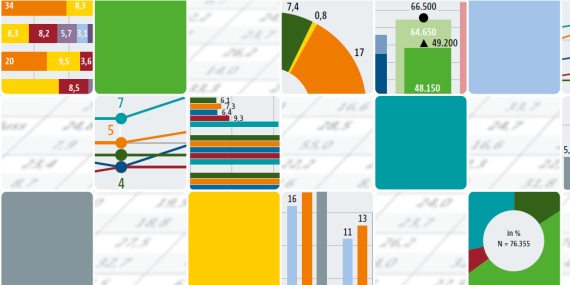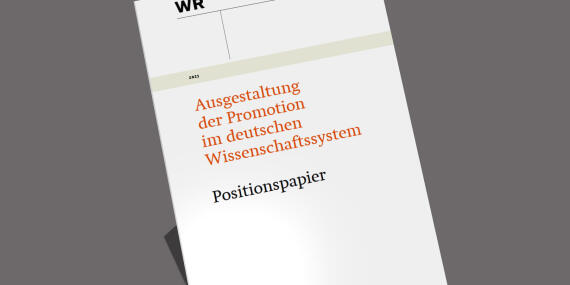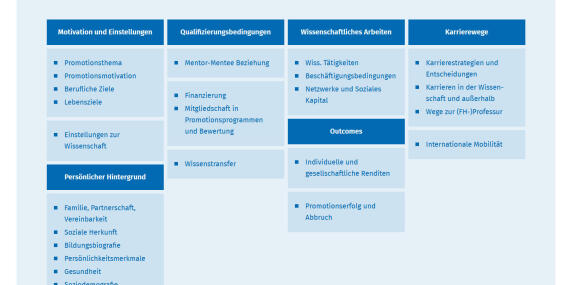Interventions
Supervision Practice Network
Supervisors from all disciplines and experience levels are invited to participate in regular semi-open discussions on the topic of doctoral supervision. The objective of the programme is to enhance self-confidence through collegial dialogue and to refine supervisory practices in a practical manner. Participants gain new insights and develop concrete strategies for their work.
- Six network sessions in small, continuing groups over a six-month period, online or in person
- Registration via the online registration form until 24 February
Supervisors’ Dialogue – Roles and Approaches
Depending on the needs of your group, this dialogue offers space for one to two hours of intensive and interactive reflection on your own supervision practice. Theoretical models from the extant literature on doctoral supervision encourage an analytical examination of your own role and the overcoming of habitual practices in order to flexibly adapt them to the context, values and needs.
- One-off session, 60-90 minutes, groups of professors at all levels of experience in supervision
- If you are interested in a Supervisors' Dialogue for your group, please feel free to contact us
Starting Strong: A Programme for New Research Supervisors
This new pilot program offers a great opportunity to build specific skills in doctoral supervision. Delivered online by RSVP, you will spend four weeks as part of a fixed cohort acquiring basic practical skills, exchanging experiences, and making valuable international contacts to enable you to supervise effectively and confidently.
- Anyone who is new to supervision, about to start, or is (in)formally part of a supervision team
- Four two-hour online meetings held weekly between April 27 and May 18, 2026 (two parallel cohorts available)
- Further information on the RSVP info page and registration via the online registration form by March 6
Establishing boundaries in research supervision: Meta-communication and active listening to manage expectations and build Rapport
- Workshop for postdoctoral researchers who are new to supervision
- 16 March 2026, 2:00 – 5:00 p.m.
More Information & registration
Supporting doctoral researchers' development
- Session for postdoctoral researchers who are new to supervision
- 30 March 2026, 09:30 a.m. – 12:00
More Information & registration
Further events will be organised during the course of the project and communicated here.







